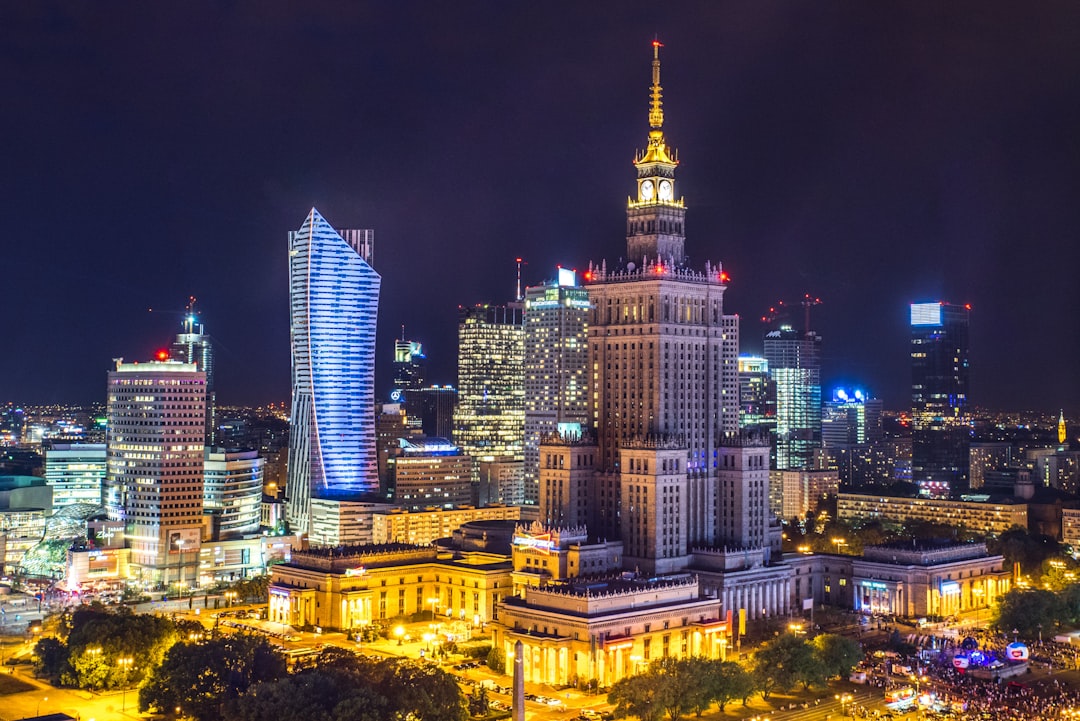What is it about?
Both Blake and Nietzsche deemed the perversion of energy or will by the architects and enforcers of the Judeo-Christian moral law to be the most cataclysmic event in the history of man. Coerced by a false dichotomy of good and evil, man’s primordial flux is not only stymied but vitiated through the self-mutilations of bad conscience. This essay examines the specific mechanism of moral coercion—a process of sublimation and condensation whereby the agonistic contraries within man are fixed into negating absolutes.
Featured Image
Why is it important?
The striking parallels between Blake and Nietzsche, first established at the turn of the last century, have largely been forgotten. By resurrecting and refashioning these correspondences of thought a clearer understanding of both thinkers and of their moral preoccupations will emerge.
Read the Original
This page is a summary of: Blake and Nietzsche on self-slaughter and the moral law: A reading of Jerusalem, Journal of European Studies, December 2014, SAGE Publications,
DOI: 10.1177/0047244114553768.
You can read the full text:
Contributors
The following have contributed to this page










